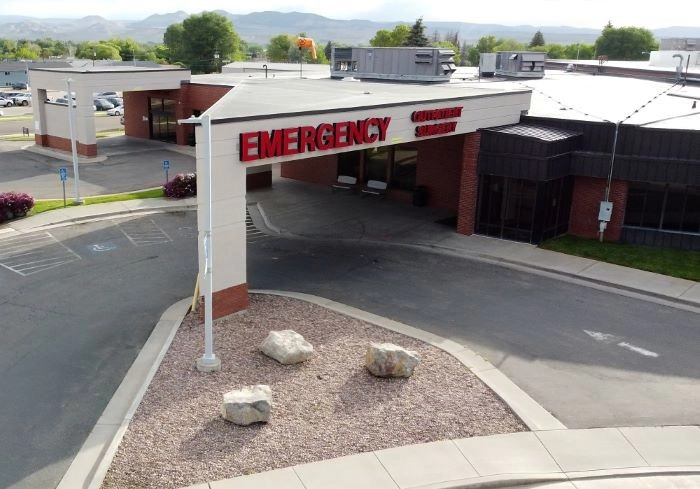Emergency Room
Accredited Chest Pain Center | Level IV Trauma Center
Call 9-1-1 if you or a loved one is experiencing a medical emergency.

Emergency Care, 24/7
At Ashley Regional Medical Center our emergency room (ER) team is staffed 24/7 with emergency physicians, nurses and staff who are trained in providing emergency care. Our team combines advanced training with compassionate service to be ready for you or your family when you need it the most.
Ashley Regional Medical Center is a Designated Stroke Receiving Facility.
Next Steps
Understanding Heart Attack Symptoms
Know When to go to the ER
Understanding Stroke Symptoms
What to Expect in our Emergency Room
As a patient, you will be cared for by staff trained to respond to medical emergencies. We understand a visit to the ER can be a very stressful time; therefore, you should expect us to communicate with you and guide you through your situation. You should always ask questions if you do not understand.
Quality Emergency Care, Close to Home
As the only emergency room in Vernal backed by a local hospital, the team is ready for any emergency, including trauma. We provide 24/7 coverage for general surgery, orthopedics and OB/GYN, so in a trauma situation, we have you covered.
Remember: Call 9-1-1
If you believe you are experiencing a medical emergency, calling 9-1-1 is almost always the fastest way to get lifesaving treatment. EMS staff are trained to revive someone whose heart has stopped. It is best to call EMS for rapid transport to the emergency room.
